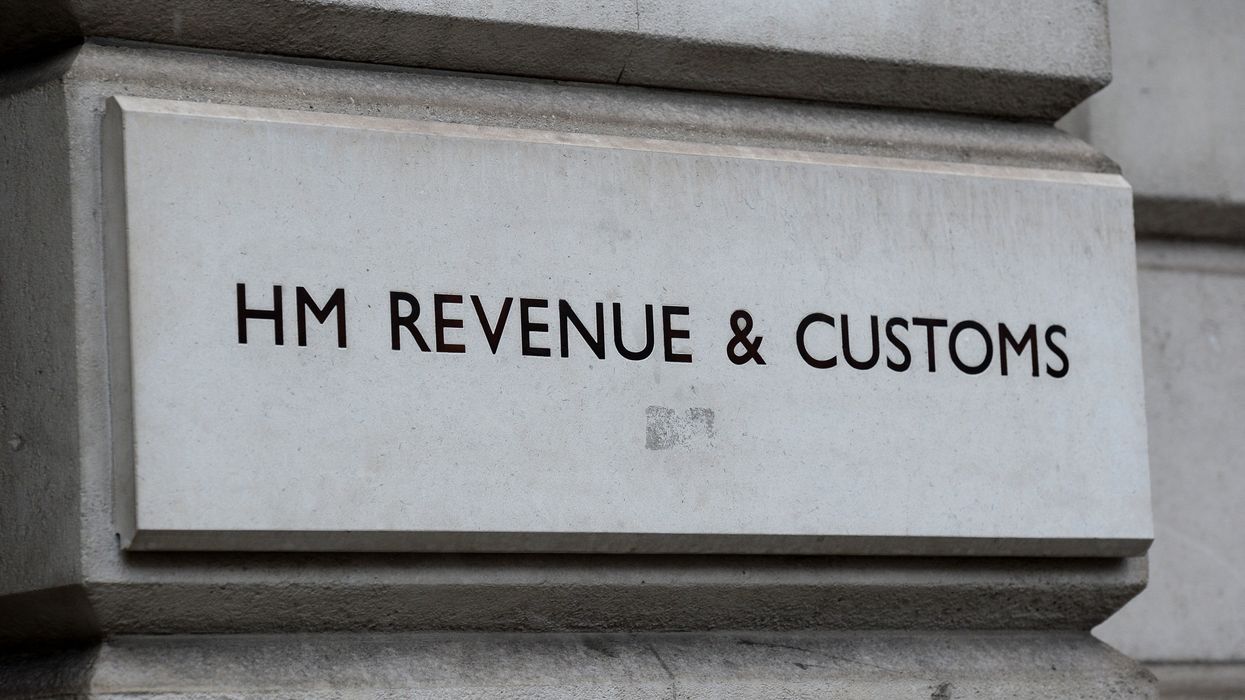HMRC forecast to rake in £7.2bn in inheritance tax – but you can slash IHT bill

HMRC is forecast to rake in £7.2billion in inheritance tax this year
|PA

Inheritance tax receipts reached the highest monthly total on record in June.
Don't Miss
Most Read
Latest
More and more families are set to be caught in the inheritance tax net amid rising house prices, asset inflation and frozen allowances.
With the Office for Budget Responsibility’s recent forecast suggesting that inheritance tax figures will hit £7.2billion this year, many may well be wondering if they can reduce inheritance tax liabilities.
There are various ways to legally slash inheritance tax, with making gifts prior to death being one.
Ben Harrison, associate financial planner at Equilibrium Financial Planning said: “Gifting to your loved ones is the easiest way to pass on your assets without paying tax.”

There are various ways people can legally reduce an inheritance tax bill
|PA
A person has an annual exemption of £3,000 each tax year, with people able to give away this amount without it being added to the value of the estate for inheritance tax purposes.
Mr Harrison explained: “This allowance can be split between several people, and if you didn’t use it in the previous tax year, you can combine the figure and pass on £6,000 to be used in the following tax year.”
There are other types of inheritance tax gift allowances, for instance, wedding gifts.
Mr Harrison continued: “Gifts to children must be worth £5,000 or less, £2,500 or less for a grandchild or great-grandchild, and £1,000 or less for a relative or friend. Gifting from surplus income, provided this is done on a regular basis and does not deteriorate your standard of living is also exempt from IHT.”
Small gifts of up to £250 per recipient are also exempt, provided the beneficiary has not benefitted from the aforementioned allowances.
Gifts to charities and gifts to a political party are also exempt.
It may be possible to give other gifts without inheritance tax needing to be paid, depending on when they’re given.
"Other gifts made directly to individuals, that are not immediately tax-free, are classed as potentially exempt transfers (PET),” Mr Harrison said.
“It is unlimited on how much you can gift, however, you need to survive for a minimum of seven years before these gifts leave your estate completely and are free from IHT.”
LATEST DEVELOPMENTS:
If a person dies within seven years of making the gift and has given away more than the inheritance tax threshold (currently £325,000 per individual, although it may be possible to increase it), then the gift will be taxed on a sliding scale between eight per cent and 40 per cent.
Another way to reduce inheritance tax is via pension savings.
Mr Harrison said: “Pension savings are a valuable way to pass on your earnings to loved ones as they don’t form part of your taxable estate, and there is no longer a limit on how much you can save over your lifetime before being taxed, given the recent removal of the Lifetime Allowance.
“Should you die before you have chance to spend your pension, you can nominate beneficiaries directly to your pension provider to receive it instead.
“It is important to remember that if you die after the age of 75, the nominated individuals will have to pay income tax at that marginal rate for any withdrawals made."










